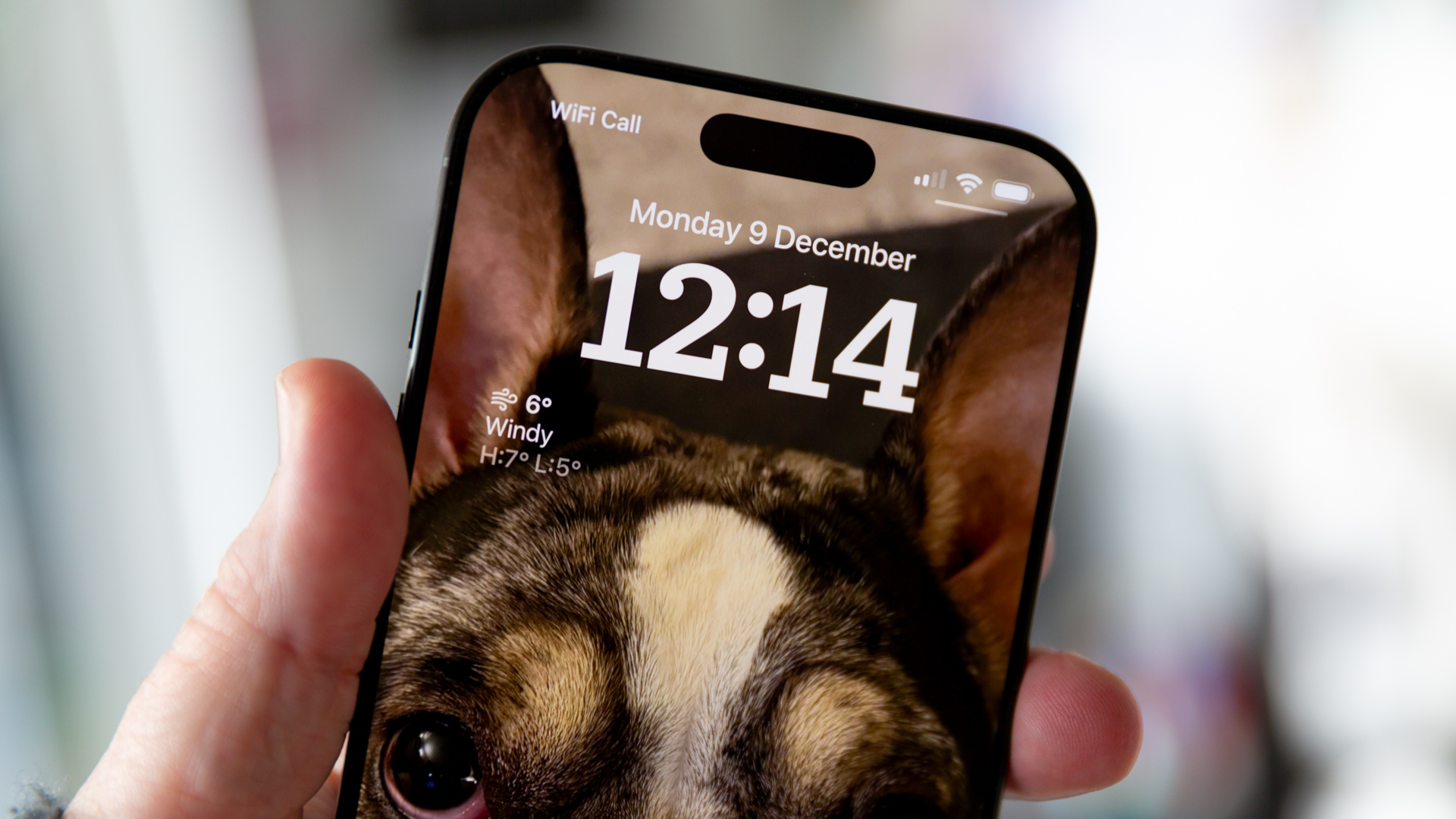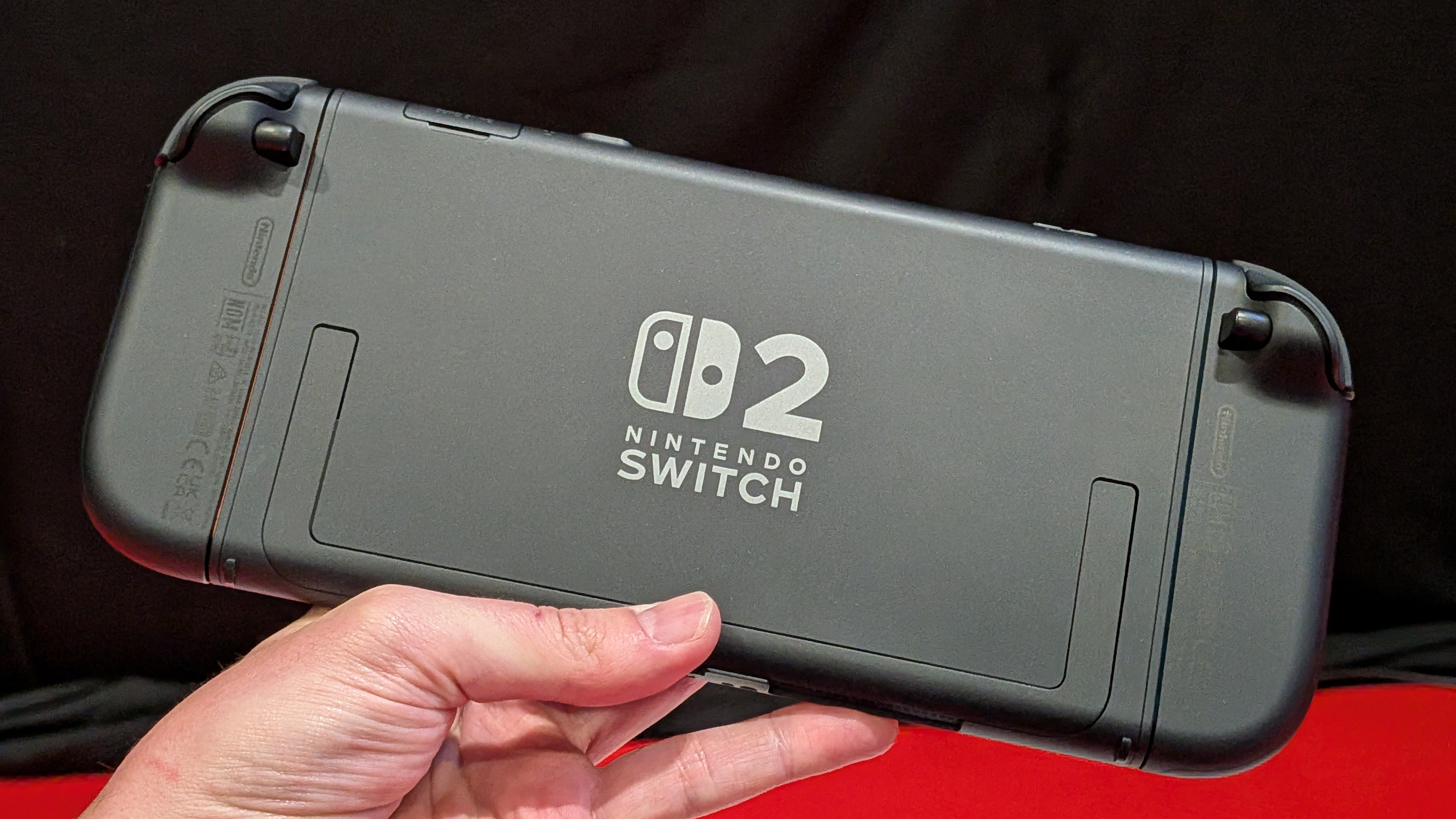
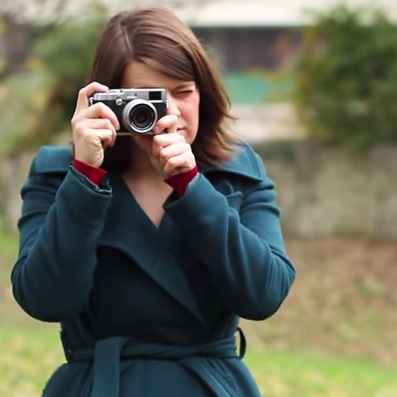
Good light is fundamental to making good videos, especially so with moving images where you can’t always use the same kind of tricks as with still images to increase light gathering.
A well-lit video also makes you stand out as a lot more professional than trying to capture something in a dimly lit environment that your audience can barely you see in. Many vloggers and content creators solve this problem by using a simple piece of kit called a ring light - if you’re not sure what it is, the name is pretty self-explanatory, but more on that a bit later. As an added bonus, footage captured when using a ring light can also be very flattering, too.
- Best ring light: for vlogging and video calls
- Best webcams: for PC and Mac
But with a plethora of different products on the market, it can be extremely difficult to know what size is the best one to get for the best results - but that’s where we come in.
If you need to more about the best ring lights, make sure to check out our in-depth buying guide, but this piece will be concentrating on knowing which size ring light to choose.
What is a ring light?
You may have heard the term ring light bandied around by fellow vloggers or seen people talking about it online. It’s fairly likely that even if you were not aware of it, you’ve seen other vloggers using them - look out for the characteristic ring-shaped “catchlights” in your favourite vloggers’ eyes next time you watch one of their videos. Although it’s a pretty descriptive name, you may not know much more than the fundamental thing about this kind of light - that it’s ring shaped.
A key feature of a ring light is that it provides continuous light - unlike a flash - in order to illuminate the subject. It’s ring-shaped in order to give a good, even spread over the subject, which is particularly important when it’s you who is the star of the show - this even light is also why ring lights tend to be very flattering.
One of the main reasons that vloggers and YouTubers use ring lights is their simplicity and ease-of-use. Just about anybody can set up and use a ring light, and as they come in a variety of sizes, styles and budgets, there should be something for most creators.
Sign up to the T3 newsletter for smarter living straight to your inbox
Get all the latest news, reviews, deals and buying guides on gorgeous tech, home and active products from the T3 experts
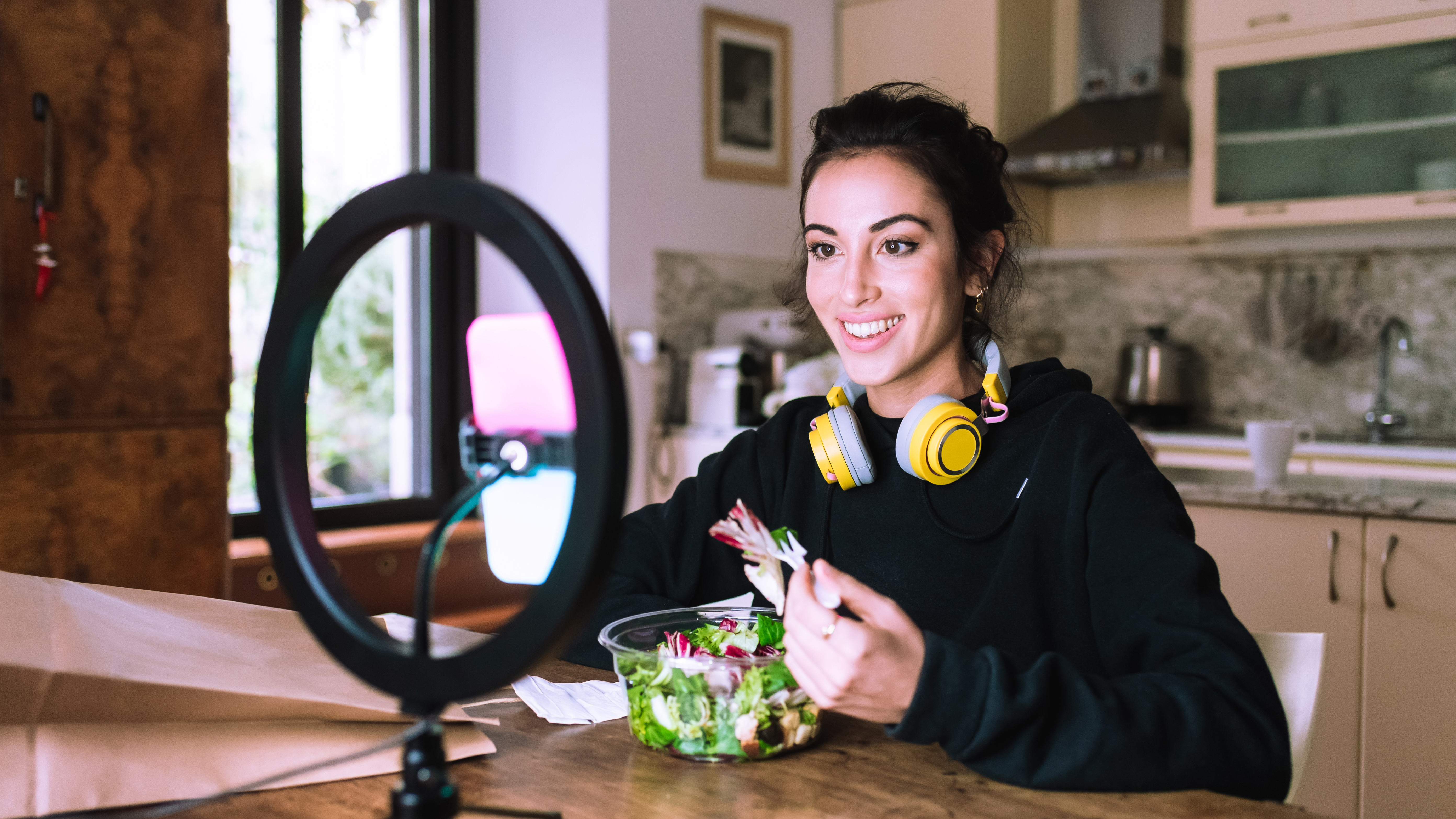
What diameter ring light is best?
This is a question that doesn’t have a hard and fast answer. Instead, it’ll very much depend on what it is you’re trying to light. Indeed, you might find that you want to invest in a number of different ring lights if you’re an advanced or enthusiastic vlogger who wants to record a variety of well-lit subjects.
Ring lights tend to vary in size between 10 inches and 18 inches. This sizing generally refers to the outer diameter of the ring light, but you might occasionally see product specs which tell you the interior diameter too - this will give you an idea of how thick your ring light is. You might need to know this to ensure that whatever you’re using to film fits neatly inside the ring light - some right
Smaller ring lights, such as 10-12 inches are ideal for using for smaller subjects such as products and for fairly close-up selfies. They’re also great to use with smaller content creation devices, such as mobile phones and the type of premium compact cameras that are often favoured by vloggers. Smaller ring lights like this should still have enough space in the middle of them to house the camera / phone of your choice.
Meanwhile, larger ring lights, such as 14-18 inches are better suited to larger subjects as the light will be spread across a larger surface area. This type of size is useful if you want to stand quite far back from the camera, or you want to include more than one person in the video.
Ring lights: pros and cons
It might seem like “bigger is better” when it comes to purchasing a ring light, especially if the subject you’re trying to record is fairly big. You may also think that a large ring light can be used for both big and small subjects, and with big and small cameras.
While that’s true to an extent, there are some downsides to using large ring lights. For a start, larger devices will naturally consume more power than their smaller counterparts. This might mean that you run out of juice quickly, and/or the ring light needs to be mains powered, making it less suitable for creating video content on the move.
You may also find that smaller subjects aren’t illuminated particularly well by large ring lights, particularly if you’re showing off products such as jewellery or make-up which will need to be close to the camera to be shown off correctly.
If you’re trying to illuminate a large space, such as an entire bedroom, you might also find that you’re better off with LED lighting panels and soft boxes, which are designed for the job in a more appropriate way,
Consider purchasing more than one ring light if you have the budget, one for close-up subjects, and one for wider areas - but it’s worth sticking with two from the same brand to ensure consistency of light across your recording.
Liked this?
- Best office chairs: sit in comfort
- Best mirrorless camera: the very best compact system cameras
- Best DSLR camera: from beginner to professional
Amy Davies is a freelance journalist that covers cameras for T3 and many other sites. She is also Features Editor at Amateur Photographer magazine and, when she's not writing about cameras, she's probably taking pictures of her cute dog.
-
 DJI Avata vs DJI Mavic 3 drones: the key differences
DJI Avata vs DJI Mavic 3 drones: the key differencesThe DJI Avata and DJI Mavic 3 are two superb drones and produce ace video content but which one is for you?
By Derek Adams Published
-
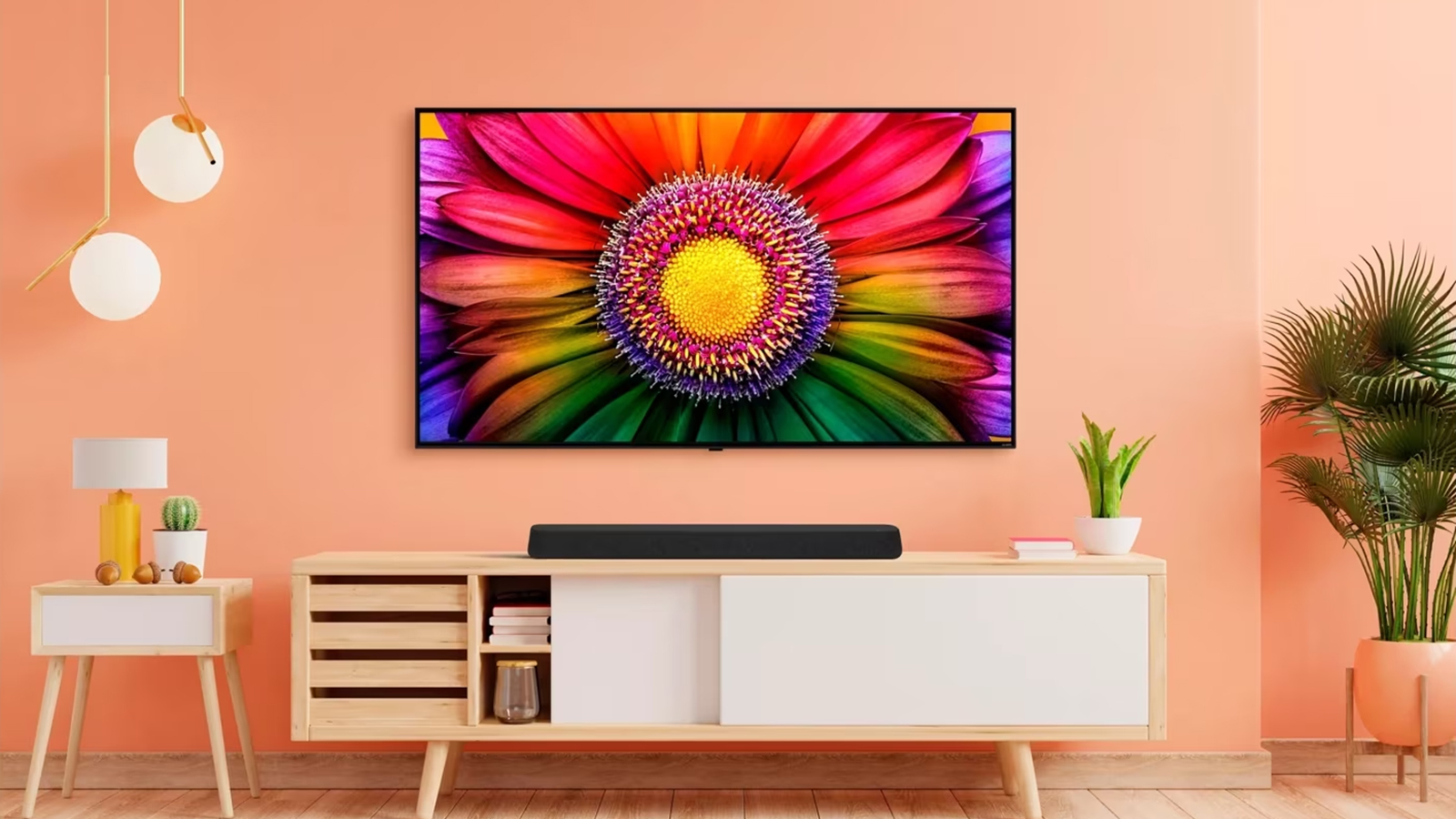 Best soundbars for LG TVs 2025: Upgrade your LG TV's sound
Best soundbars for LG TVs 2025: Upgrade your LG TV's soundLG TVs can benefit from particular soundbar pairings. Here are the best – as reviewed, rated and ranked
By Mike Lowe Last updated
-
 Online photo printing vs home printing: which is right for you?
Online photo printing vs home printing: which is right for you?Want to print your photos but don't know where to start? We're here to help you decide…
By Gavin Stoker Published
-
 How can I print high-quality photos at home?
How can I print high-quality photos at home?Want to print high-quality photos at home? Here's how!
By Gavin Stoker Published
-
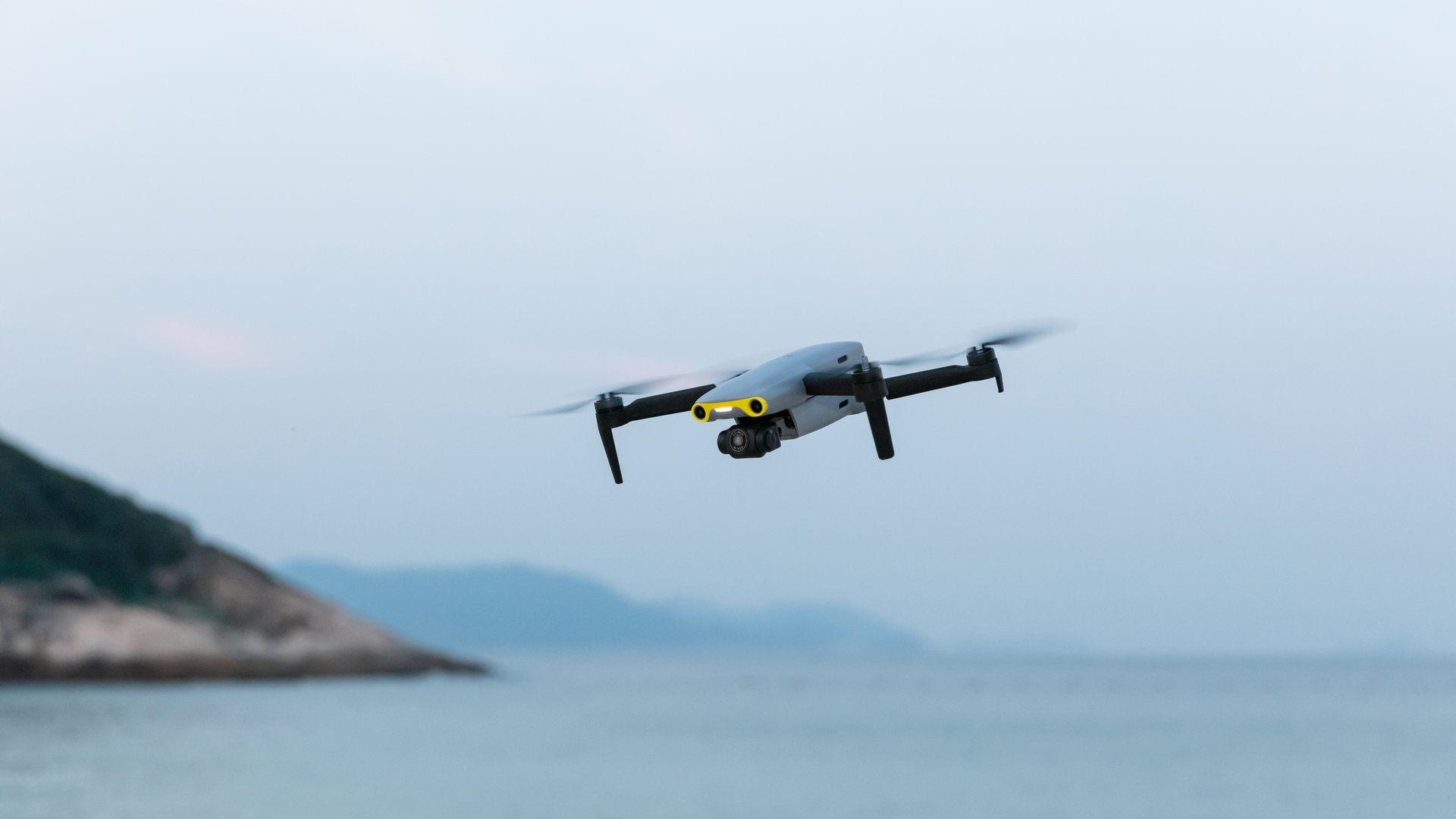 Autel Evo Nano drone review: this sensational mini drone is coming for DJI's crown
Autel Evo Nano drone review: this sensational mini drone is coming for DJI's crownThe new Autel Evo Nano drone weighs less than 250g and shoots sharp-as-a-tack 4K video and exquisite 48 megapixel stills. Here's our review
By Derek Adams Last updated
-
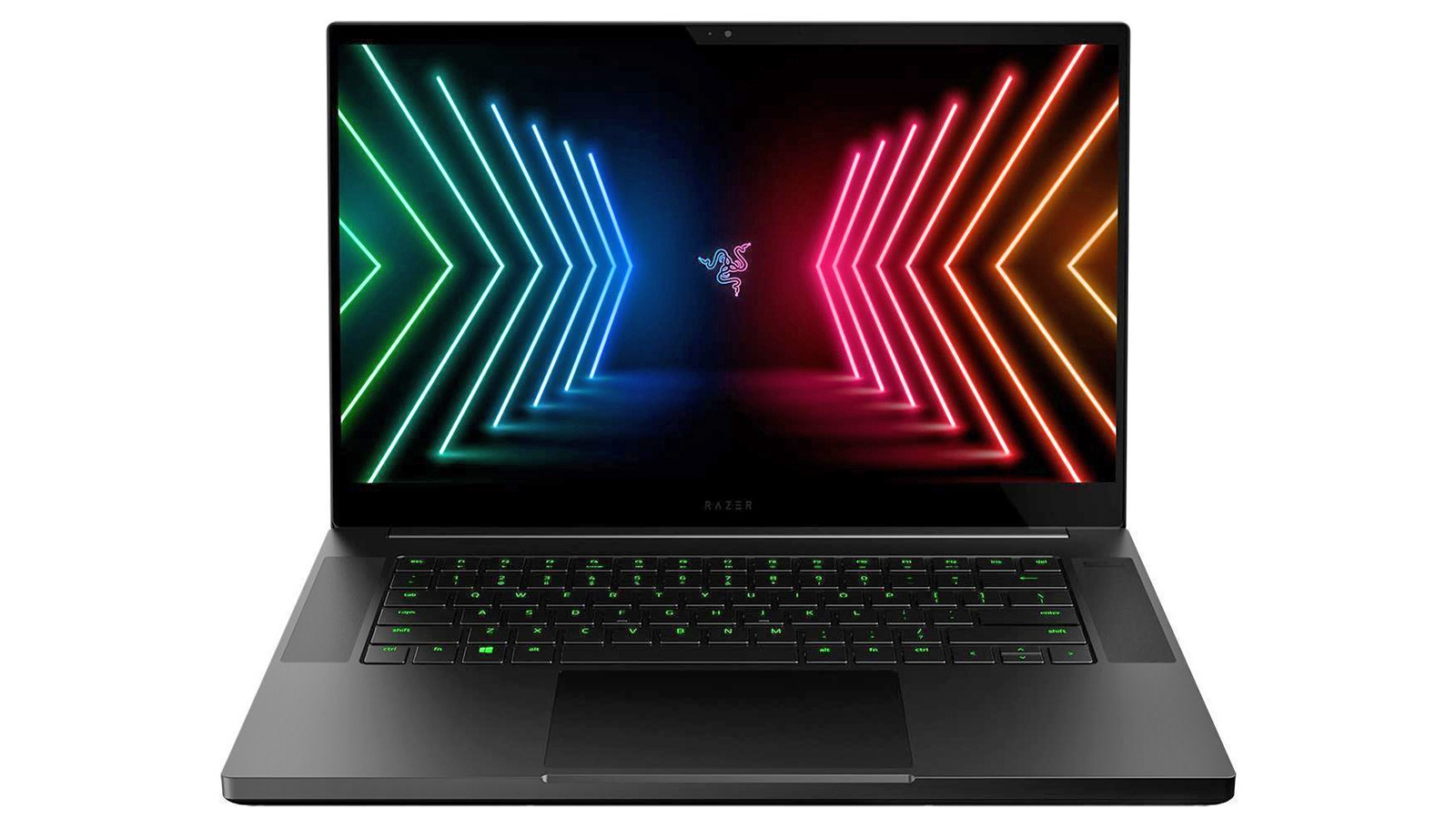 Should I buy the Razer Blade 15?
Should I buy the Razer Blade 15?Another top-tier gaming laptop from Razer – but is it right for you?
By David Nield Published
-
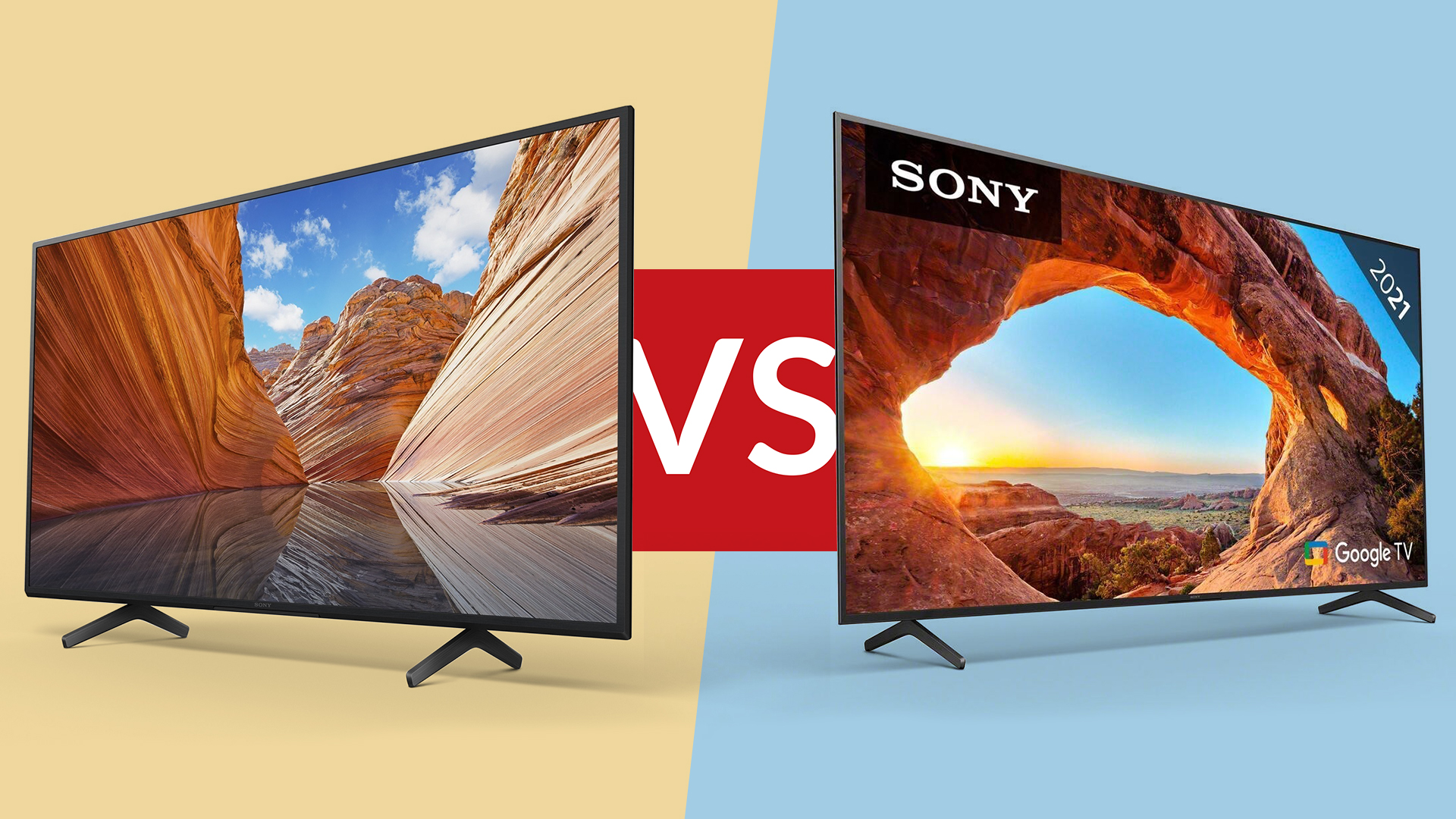 Sony X80J vs Sony X85J: the differences in Sony's affordable 4K TVs explained
Sony X80J vs Sony X85J: the differences in Sony's affordable 4K TVs explainedWe compare the Sony X80J vs Sony X85J so you can see which mid-range 4K TV is the best buy for you
By Esat Dedezade Published
-
 Should I buy the Acer Chromebook 515?
Should I buy the Acer Chromebook 515?Should this Chromebook be your next buy?
By David Nield Published
